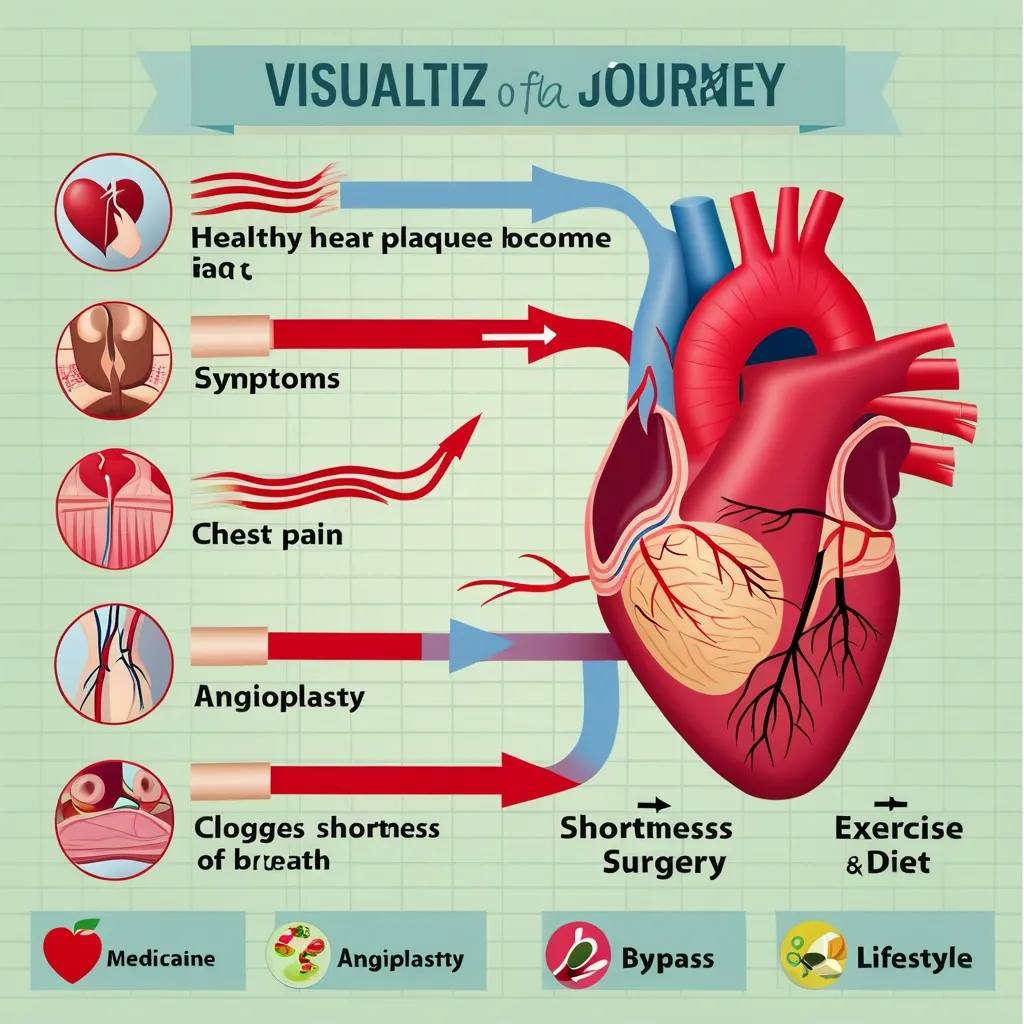Sleep is pretty much the unsung hero of our daily routine. It’s crucial, yet it’s often the first thing to get tossed out the window when things get hectic. But really, how much sleep do we need to function like decent human beings?
For the average adult, the sweet spot is seven hours a night. Yep, seven hours. But here’s a twist—it’s not just about clocking in those hours. The quality of your sleep plays an equally big part. Imagine snoozing for eight hours but waking up feeling like you just pulled an all-nighter. That’s bad sleep quality right there.
Good sleep quality is more about how well you sleep rather than just how long. Did you sleep through the night without waking up? Did you fall asleep quickly, and did you feel refreshed when you woke up? If you wake up ready to conquer the day, you’re on the right track.
Why is sleep such a big deal? It’s not just downtime for your body; it’s repair time. Your brain goes into cleaning mode, clearing out toxins and helping you process new information. Think of it as your brain’s night-shift cleaning crew.
And your body? It’s also getting a major tune-up. Your immune system, blood vessels, and muscles all use this time to repair. Miss out on sleep, and you disrupt these processes, leading to a bunch of health issues.
Don’t fall for the myth that you can “catch up” on sleep during weekends. While a nap might give you a temporary energy boost, it’s not enough to make up for a week of poor sleep. Research even shows that people who skimp on sleep regularly can gain weight and struggle with blood sugar levels, regardless of those weekend sleep-ins.
Want to up your sleep game? Try sticking to a consistent sleep schedule, even on weekends. Keep naps short and avoid them close to bedtime. Stay active during the day because a bit of exercise can lead to better sleep at night.
Remember, everyone’s sleep needs are different. Some need more, some need less. Find what works for you and stick to it. If you’re still having trouble, a visit to the doctor might be in order. There could be an underlying issue messing with your Zzz’s.
At the end of the day (pun intended), sleep is as vital as food and exercise. Don’t skimp on it. Give your body and brain the rest they deserve. You’ll thank yourself later.






